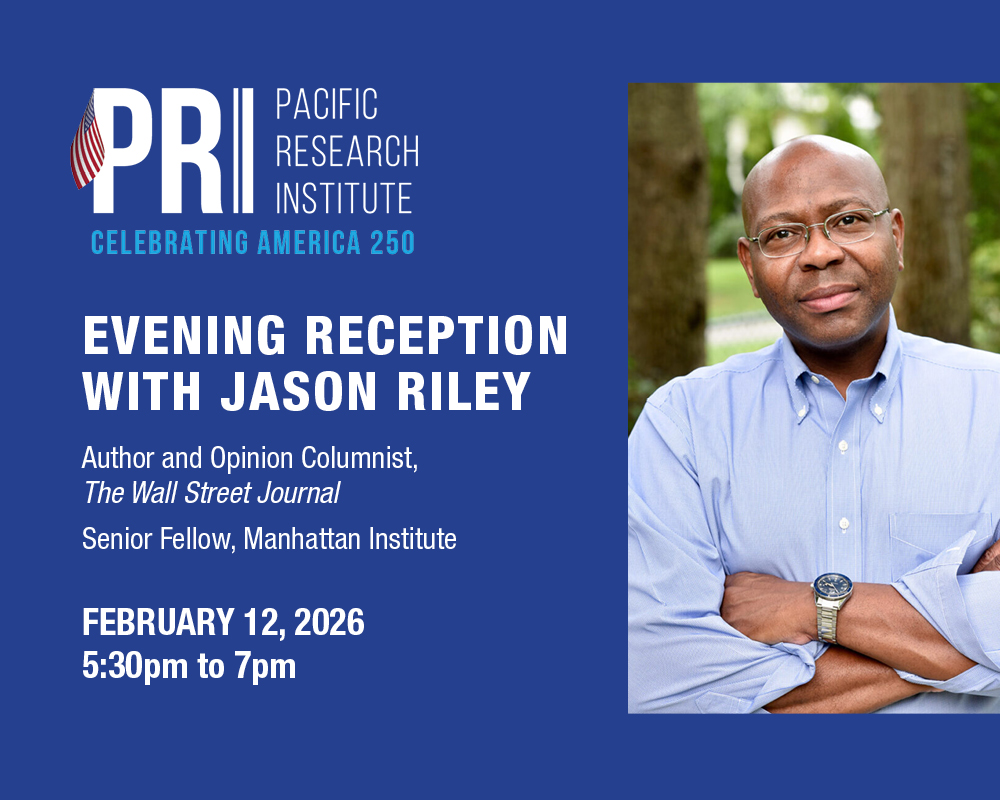He is deliberating whether to sign or veto Senate Bill 771, which would impose civil penalties of up to $1 million against social media companies that knowingly or recklessly aid their users in violating the state’s hate speech and civil rights laws.
“Hate speech” isn’t mentioned by name, but the bill contains references to the aforementioned “hate-motivated harm,” “hate crimes involving anti-immigrant slurs” and “digital hate.” So, the implication is clear.
What is “hate speech,” though? It is defined not in any objective terms – because it can’t be – but instead is determined by those with political dominance, who are often described, fittingly, as members of a self-selected “the ruling class.”
While Californians debate the limits and intent of SB 771, we’re seeing events in Great Britain that are terrifying and could a foreshadow of what’s to come here. Say the wrong thing there, and authorities will show up with incarceration on their minds.
An August New York Post headline said “UK free speech crackdown sees up to 30 people a day arrested for petty offenses such as retweets and cartoons.”
Another deeply disturbing headline over a commentary written by “Free Speech and Why It Matters” author and satirist Andrew Doyle warned in April that criticizing “your child’s school” in Britain “could land you in jail.”
Doyle, who hails from Northern Ireland, noted under new legislation, “hearing opinions that one disagrees with in the workplace could be deemed a form of harassment.” That a proposition so absurd “is even being considered tells us all we need to know about the state of free speech in Britain.”
Paul Du Quenoy, president of the Palm Beach Freedom Institute, recently wrote in City Journal about Britain’s new Online Safety Act that “accords government regulators broad authority over forms of expression they deem offensive, indecent, obscene, or menacing.” Older legislation that remains “on the books prohibits communication intended to cause distress, anxiety, or annoyance — even more elusive categories.”
Then there is the harassment of Graham Linehan. The Irish comedy writer was arrested “like a terrorist, locked in a cell like a criminal” by five officers in early September as he got off his flight from Arizona at London’s Heathrow International Airport. His offense? He was nabbed for suspicion of inciting violence in social media posts – that he made in April while he was in the U.S.
Don’t think this can’t happen here. Despite our constitutional rights and our free speech legacy, Americans have at times been censored. A recent and particularly egregious example: The Biden administration bullied social media companies to change “their content moderation policies in ways that were directly responsive to criticism from” the White House, says a report from the U.S. House Select Subcommittee on the Weaponization of the Federal Government.
The administration’s “censorship targeted true information, satire, and other content that did not violate the platforms’ policies” and “had a chilling effect on other speech,” according to the subcommittee. It also “pushed censorship of books, not just social media.”
Sacramento has tried before to silence voices it doesn’t approve of. Fortunately, it was rebuked in August when a federal court ruled that “California cannot pre-emptively sterilize political content” in a lawsuit brought by The Babylon Bee and Rumble, a video-sharing platform. But given trends, there’s little reason to believe the speech police will rest. And there’s every reason to believe that after putting social media on notice, they will eventually target individuals.
Kerry Jackson in the William Clement Fellow in California Reform at the Pacific Research Institute and co-author of The California Left Coast Survivor’s Guide.


